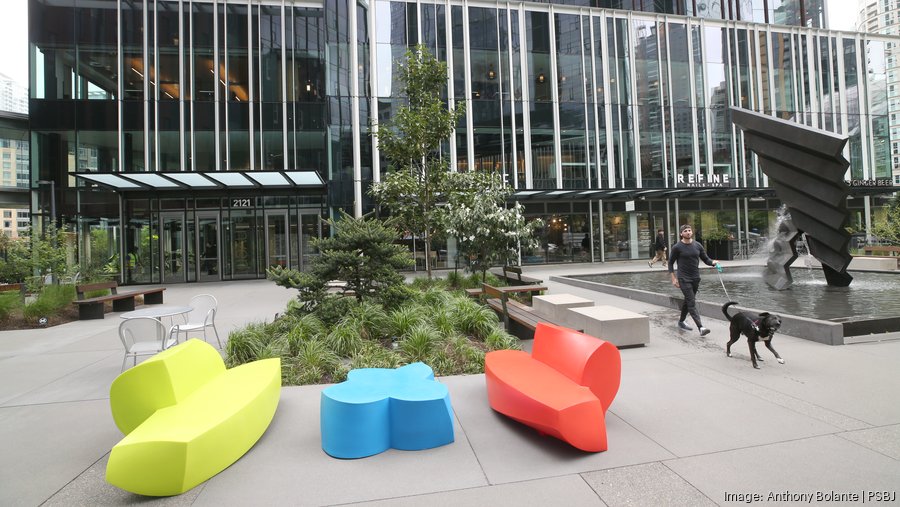Originally published: bizjournals.com
Alex Halverson
Less than three months after Amazon.com Inc. (Nasdaq: AMZN) enacted its return-to-office guidelines, the company is asking some employees to relocate to certain hubs so they can be closer to their teams.
Amazon set May 1 as the date when employees would be expected to return to the office at least three days per week, with few exceptions. The company has faced employee backlash over the policy since announcing it in February.
Employees who embraced remote work during the Covid-19 pandemic say they have been adversely affected by the company’s shift in policy. In May, they staged a demonstration over the policy and other grievances at the company’s Denny Triangle campus.
Yet Amazon’s latest move shows its in-office work requirements are becoming more stringent for certain employees.
Last week, the company asked an undisclosed number of employees to move closer to their teams’ hub, according to internal emails and Slack messages viewed by the Business Journal. Employees who refused to relocate would be asked by August to find a new job within the company in 60 days or be considered to have voluntarily resigned.
Business Insider first reported the news.
“There’s more energy, collaboration, and connections happening since we’ve been working together at least three days per week, and we’ve heard this from lots of employees and the businesses that surround out offices,” Amazon spokesperson Brad Glasser said in an emailed statement. “We continue to look at the best ways to bring more teams together in the same locations, and we’ll communicate directly with employees as we make decisions that affect them.”
Amazon says it will cover relocation costs for employees. Exception requests will be considered on a case-by-case basis.
Unlike the return-to-office announcement earlier this year, the request for employees to relocate was not sent companywide and Amazon has not said which organizations and locations would be affected.
In Seattle, the company says its decision to bring employees back to the office has provided some juice to downtown’s economy.
Amazon and the Downtown Seattle Association both say downtown Seattle foot traffic increased in May compared with previous years, going back to 2020.
Amazon said foot traffic on its headquarters campuses in the South Lake Union and Denny Triangle neighborhoods has increased by 82% and 56%, respectively, compared with averages in May 2020 through May 2022. And transactions at restaurants in those neighborhoods have increased by 97%.
“We know our presence here helps power the regional economy, encourages small business growth, supports the creation of even more local jobs, and is important for the revitalization of downtown,” said John Schoettler, vice president of global real estate and facilities, in a company blog post last week. “There is a renewed sense of vibrancy that I think the community can feel and we’re proud to be here doing our part.”
